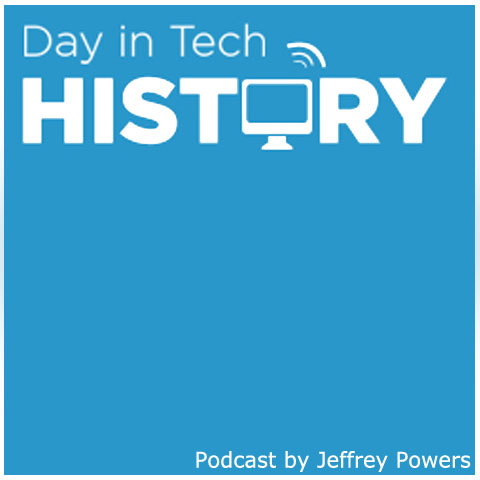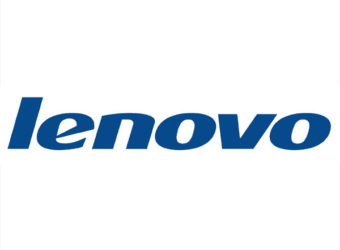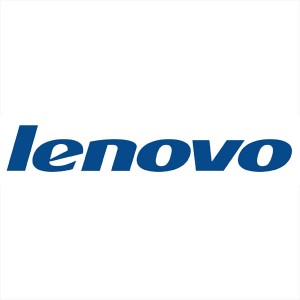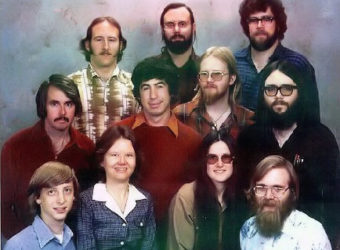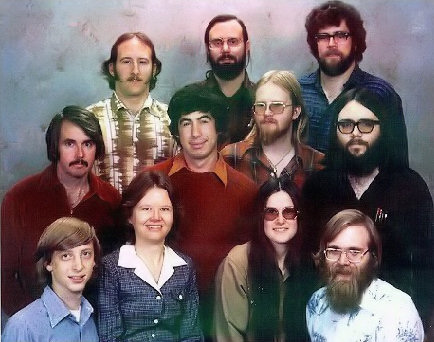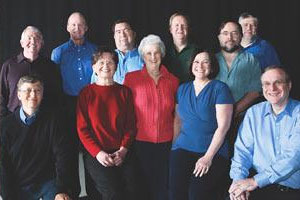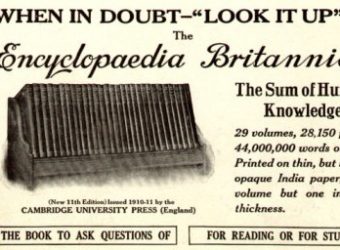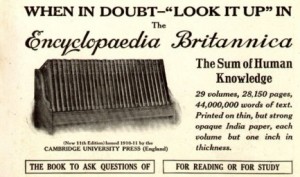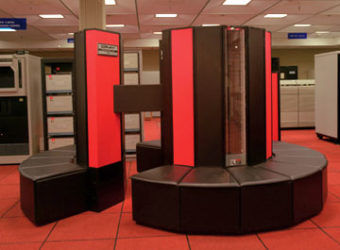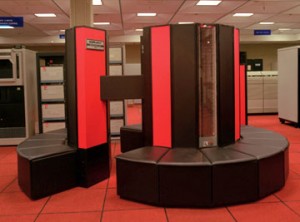December 11, 1967: The Concorde Supersonic Airliner
Subscribe! Spotify | RSS | More
1967 – The Concorde was a British and French venture. It wa the first supersonic airliner. The prototype (Concorde 001) was rolled out to 1100 present. British technology minister Anthony Wedgwood Benn coined it Concorde on that day. The last “e” would stand for excellence. The first flight would not happen until March 1969.
Subscribe to Day In Tech History:
RSS Feed - iTunes - Android - Spotify - iHeartRadio
Facebook -
- RSS Bandwidth by Cachefly Get a 14 Day Trial
- Join me on Patreon and support Day in Tech History
- creditcards.com hacked
- Google Chrome (Windows) exits Beta
- Martin Luther King Jr. lectures on science and technology
